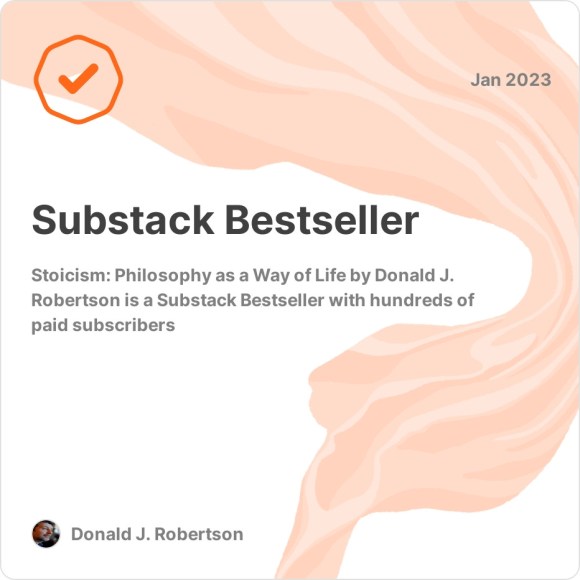Details
Seneca: On the Creation of Earthquakes, starring John Malkovich, will be released in Germany on 23rd March 2023.
Donald Robertson is the author of How to Think Like a Roman Emperor: the Stoic Philosophy of Marcus Aurelius; Verissimus, a graphic novel about Marcus Aurelius; and a forthcoming prose biography of Marcus Aurelius for Yale University Press.
Donald also wrote a biography of Seneca for the Capstone Classics edition of his Moral Letters.
- Seneca IMDB
- Seneca Instagram
- How to Think Like a Roman Emperor
- Verissimus graphic novel
- Seneca’s Moral Letters (Capstone Classics)











